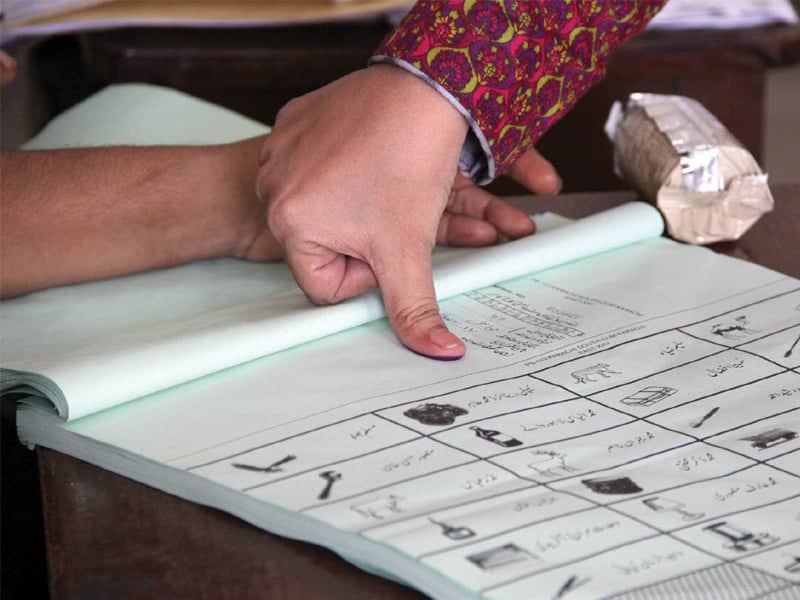ISLAMABAD – Approximately 60 million voters turned out to vote in Pakistan on February 8, casting their ballots to elect representatives in 265 National Assembly and 590 provincial assembly constituencies. This election marked one of the country’s most competitive political contests.
According to the Free and Fair Election Network (Fafen) report, issued on Saturday, highlighted that the elections followed two turbulent years of political turmoil, discord, and polarization.
These challenges left behind a multitude of issues, including constitutional ambiguities, judicial interventions, communal tensions, economic hardships, and a growing lack of trust in electoral institutions. Fafen emphasized that these issues must be addressed as top priorities by the future government.
Despite allegations of an uneven playing field and an increase in militant violence in certain regions, all political parties remained engaged in the electoral process until the last moment, demonstrating a positive sign for Pakistan’s democratic progress.
Moreover, despite concerns about media freedom restrictions before the election, Pakistani print, electronic, and digital media played a significant role in informing voters, contributing to a more informed electorate. Civil society groups also played a commendable role in highlighting rights and liberties during the election process.
Fafen praised the Election Commission of Pakistan (ECP) for organizing the country’s largest electoral exercise in a relatively orderly manner, involving over 1.1 million election officials who worked diligently despite significant challenges. Security measures, with over 0.7 million police and military personnel deployed, ensured a peaceful voting environment.
However, the report highlighted concerns over the ECP’s delay in announcing preliminary results, which overshadowed an otherwise orderly election and raised doubts about the credibility of the outcome.
Additionally, the suspension of cellular and internet services by the caretaker government on election day, though for security reasons, undermined efforts to reform the election results management process.
Moving forward, Fafen emphasized the responsibility of political parties to ensure a smooth transition of power and address concerns raised during the election process. It urged prompt action by the ECP on legal matters and highlighted the upcoming role of election tribunals in resolving remaining issues.













